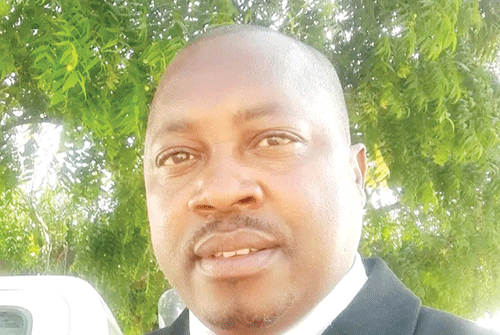The University of Namibia has announced its newly built veterinary outpatient unit will open its doors to the public early next month.
The university has set 4 July 2022 as the day on which the facility would be available and accessible to the public.
The veterinary academic hospital is the first training centre in Namibia, and it forms part of a small group of facilities in southern Africa.
The outpatients’ unit, which was constructed in 2020 with funding from the African Development Bank, is expected to significantly improve the public’s access to veterinary services.
The facility boasts modern veterinary science technology that is distributed across six consultation rooms and a fully equipped laboratory.
Unam spokesperson John Haufiku explained the small animal hospital, currently in phase one, will offer consultations and treatment on an outpatient basis for companion animals such as dogs, cats and birds until the second phase of the hospital is completed.
Equally, Unam indicated all patients requiring hospitalisation or surgery will be transferred to the registered facilities at the Neudamm campus until all the phases of the Windhoek-based facility have been completed.
Facilities for veterinary treatment of all large animals, including cattle, horses, sheep, goats and wildlife, are also available on the Neudamm campus outside Windhoek.
Associate Dean of the School of Veterinary Medicine Dr Anna Marais explained the hospital was established with the primary intention of student training as well as to help improve the quality of veterinary care in the country.
She further outlined that training in an academic hospital is essential to a veterinary student’s professional development.
“The academic aspect of the hospital is to provide final year students with adequate practical training to build their caseload before they graduate,” she added.
In line with the provisions of the Namibian Veterinary Council, final-year students are required to have completed a specified number of hours doing clinical work before graduation.
According to her, final-year veterinary students will assess and treat animals under the direct supervision of a registered clinician.
They will also be taught to conduct laboratory diagnostic work to discover the animal’s diagnosis with the guidance of a lecturer.
The veterinary academic hospital is registered with the Namibian Veterinary Council and will be accessible to the public all year round.
– anakale@nepc.com.na
Caption:



